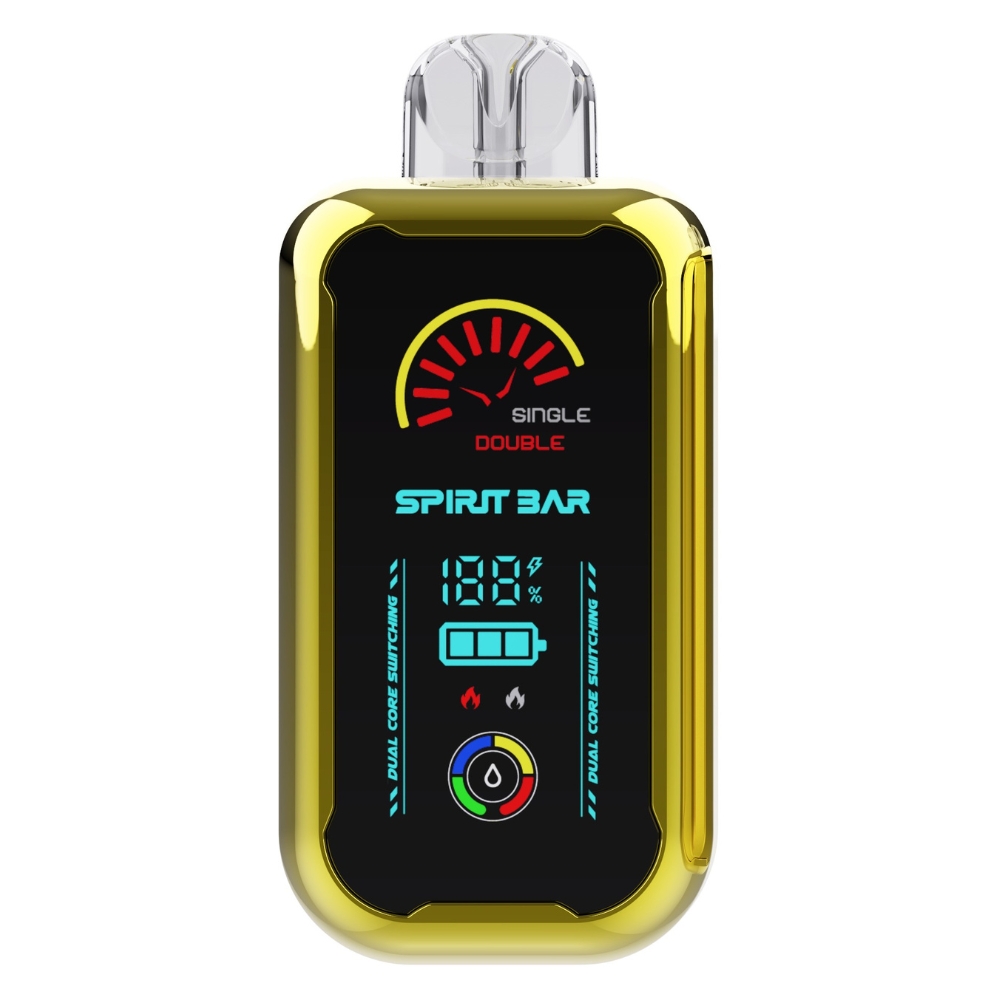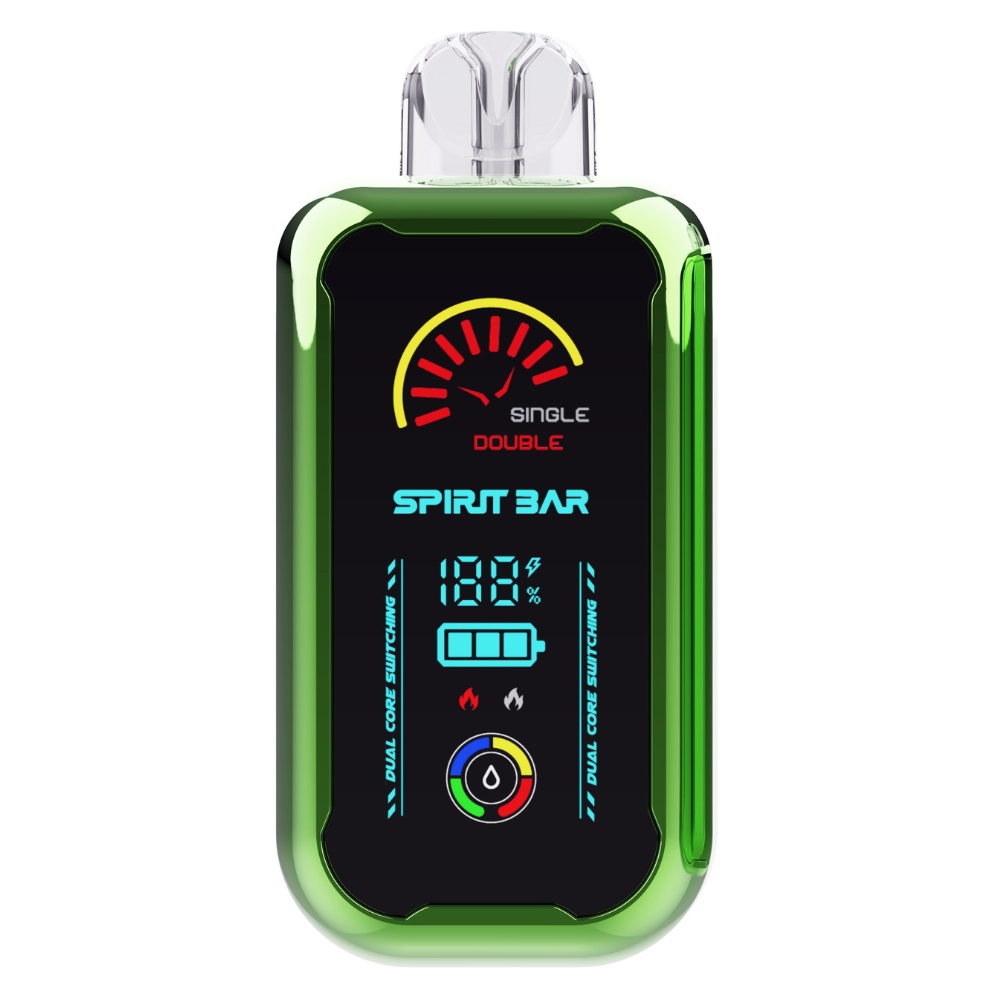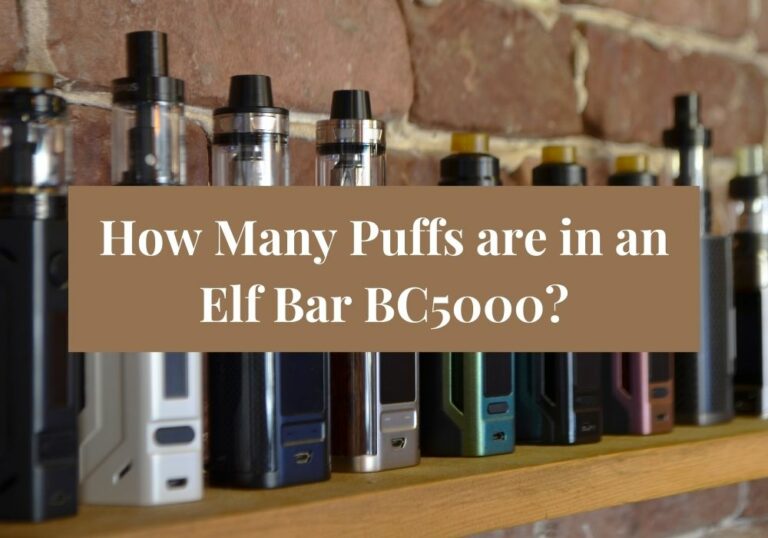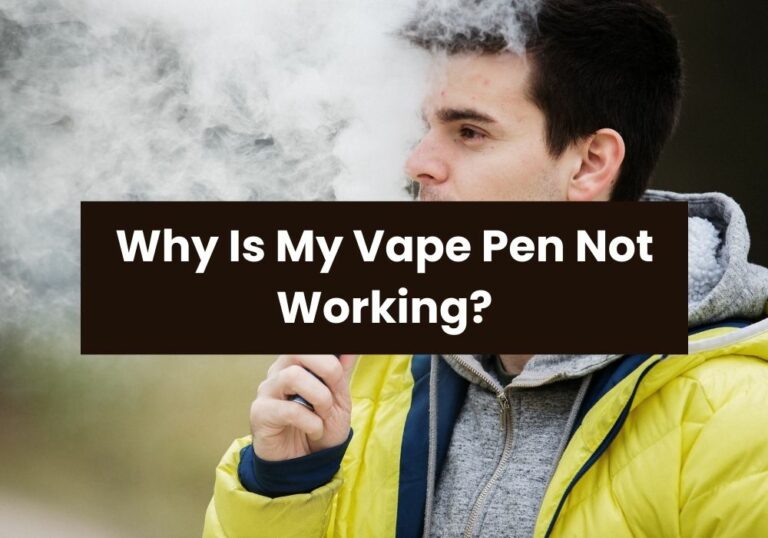Are Vapes Banned from Shipping?
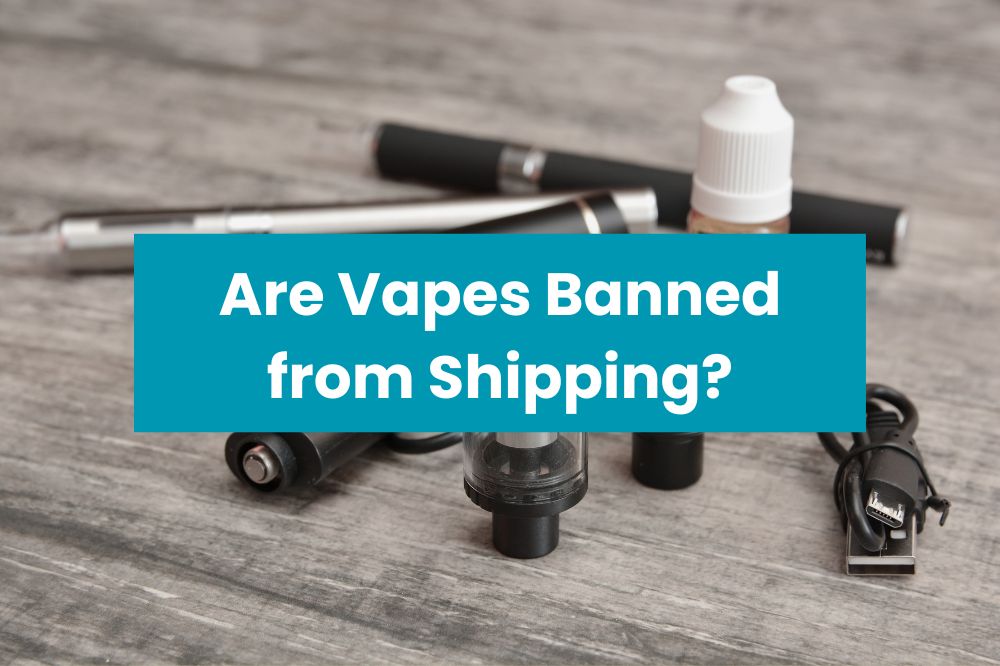
Are vapes banned from shipping? This is a question that many vapers and vape enthusiasts are asking, especially after recent changes in regulations. The answer is not a simple yes or no, as there are different rules and restrictions depending on the state and the type of product being shipped.
In general, the shipping of vaping products has become more complicated due to various bans and regulations. The United States Postal Service (USPS) has banned the mailing of vaping products, including nicotine and cannabis products, since October 2021. This ban applies to all residential addresses and is part of the Prevent All Cigarette Trafficking (PACT) Act. However, some private carriers, such as UPS and FedEx, still allow the shipping of vaping products, although they may have their own restrictions and requirements.
It’s important to note that some states have their own laws and regulations regarding the shipping of vaping products. For example, Massachusetts has banned the shipping of all vaping products, while other states may have age restrictions or require specific labeling and packaging. It’s essential to check the laws and regulations in your state before shipping any vaping products.
Current Legislation on Vape Shipping
If you’re wondering whether vapes are banned from shipping, the answer is not a straightforward one. While it is still legal to ship vapes and e-cigarettes, there are certain restrictions you need to be aware of.
In December 2020, the Preventing Online Sales of E-Cigarettes to Children Act was signed into law. This act prohibits the United States Postal Service (USPS) from delivering vaping products to residential addresses. This means that as of October 21, 2021, USPS will not ship vapes, e-cigarettes, e-liquid pods, and other electronic nicotine delivery systems (ENDS) to individuals.
However, private carriers such as UPS and FedEx are still allowed to ship vaping products, but they must comply with the PACT Act. The PACT Act requires sellers to comply with certain regulations when shipping vaping products, including registering with the Bureau of Alcohol, Tobacco, Firearms, and Explosives (ATF) and collecting and paying all applicable state and federal taxes.
It’s worth noting that the PACT Act doesn’t just apply to vapes and e-cigarettes. It also covers all tobacco products, including cigarettes, cigars, and smokeless tobacco. So, if you’re shipping any tobacco products, you need to ensure that you’re complying with the PACT Act.
In summary, while vapes are not banned from shipping, there are certain restrictions you need to be aware of. If you’re shipping vaping products, you must comply with the PACT Act and ensure that you’re using a private carrier that allows the shipment of these products.
Reasons for Vape Shipping Ban
Shipping vapes has become a hot topic lately, with many wondering why it is now banned. There are several reasons why vapes are banned from shipping, including:
1. Health Concerns
One of the main reasons why vapes are banned from shipping is due to health concerns. The use of vapes has been linked to several health issues, including lung damage, heart disease, and even death. The chemicals found in vapes can be harmful to both the user and those around them, which is why shipping them has become a concern.
2. Age Restrictions
Another reason why vapes are banned from shipping is due to age restrictions. Vaping is only legal for individuals who are 21 and older, and shipping vapes can make it easier for minors to get their hands on them. By banning the shipping of vapes, it makes it more difficult for minors to obtain them.
3. Legal Issues
There are also legal issues surrounding the shipping of vapes. Some states have banned the use of vapes altogether, while others have restrictions on where they can be used. By banning the shipping of vapes, it helps to ensure that the laws surrounding their use are being followed.
Overall, there are several reasons why vapes are banned from shipping. From health concerns to legal issues, it is important to understand why these bans are in place and to follow them accordingly.
Impact on the Vape Industry
The vape industry has been hit hard by the ban on shipping vape products. The ban has affected manufacturers, retailers, and consumers in different ways.
Manufacturers
Manufacturers have been forced to find new ways to distribute their products. Some have turned to local distributors, while others have started selling directly to consumers through their websites. However, this has led to some challenges, such as increased shipping costs and longer delivery times.
Retailers
Retailers have been hit the hardest by the ban. Many vape shops have had to close their doors, and those that remain open have had to find new ways to sell their products. Some have turned to online sales, while others have started selling other products in addition to vape products.
Consumers
Consumers have also been affected by the ban. Many have had to turn to local stores to purchase their vape products, which can be more expensive and have a limited selection. Others have turned to DIY methods, such as making their own e-liquids or using rebuildable atomizers.
Overall, the ban on shipping vape products has had a significant impact on the vape industry. Manufacturers, retailers, and consumers have all had to adapt to the new regulations, and the future of the industry remains uncertain.
Exceptions to the Ban
While the USPS vape mail ban prohibits the shipment of vaping products to individual consumers, there are some exceptions to the rule. Here are some of the exceptions to keep in mind:
- Business-to-business (B2B) shipments: The vape mail ban does not apply to shipments between businesses. If you are a vape shop owner, you can still receive shipments of vaping products from wholesalers or manufacturers.
- Private delivery services: While the USPS has banned the shipment of vaping products, private delivery services such as FedEx and UPS have not. However, it’s important to note that these private delivery services may have their own policies regarding the shipment of vaping products, so it’s best to check with them before sending or receiving any shipments.
- Alaska and Hawaii: The USPS vape mail ban does not apply to Alaska and Hawaii, as these states are not part of the contiguous United States. However, it’s important to note that some private delivery services may still have their own restrictions on shipping to these states.
It’s important to note that while these exceptions exist, it’s still important to follow all applicable laws and regulations when shipping vaping products. Additionally, it’s important to be aware of any potential risks associated with shipping vaping products, such as the risk of damage or theft during transit.
Comparisons to Other Countries
When it comes to the legality of shipping vapes, the rules vary from country to country. Here are some examples of how other countries handle vape shipping:
European Union
In the European Union, the rules on vape shipping vary depending on the country. Some countries, such as Austria and Belgium, allow the shipping of vapes and vape products, while others, such as Denmark and Finland, do not. Overall, the EU has a more relaxed stance on vape shipping than the United States.
Australia
Australia has some of the strictest laws in the world when it comes to vaping. The sale and supply of nicotine-containing e-cigarettes is illegal in all states and territories, and importing nicotine without a prescription is also illegal. This means that shipping vapes to Australia is not allowed, unless the shipment is accompanied by a valid prescription.
Canada
In Canada, the rules on vape shipping are similar to those in the United States. The shipping of vapes and vape products is legal, but there are restrictions on the sale and advertising of these products. For example, in some provinces, the sale of flavored vape products is banned. Additionally, all vape products must be labeled with health warnings and child-resistant packaging.
It’s important to note that these rules and regulations can change at any time, and it’s always best to check with the relevant authorities before attempting to ship vapes to another country.
Future Predictions
As we move forward, it’s difficult to predict exactly what will happen with vape shipping regulations. However, there are a few potential scenarios that could play out.
One possibility is that shipping regulations will continue to tighten, making it more difficult to purchase vape products online. This could include requirements for age verification, as well as restrictions on shipping methods and carriers.
Another possibility is that more states will follow the lead of states like Maine and Massachusetts, implementing their own bans on flavored vapes. This could make it more difficult to find certain types of vape products, particularly those that are popular with younger users.
Finally, there is the possibility that the federal government will continue to take a more active role in regulating the vaping industry. This could include additional restrictions on marketing and advertising, as well as more stringent requirements for manufacturing and labeling.
Overall, it’s clear that the vaping industry is facing a period of significant change and uncertainty. If you’re a vaper, it’s important to stay up-to-date on the latest developments in order to make informed decisions about your health and safety.

